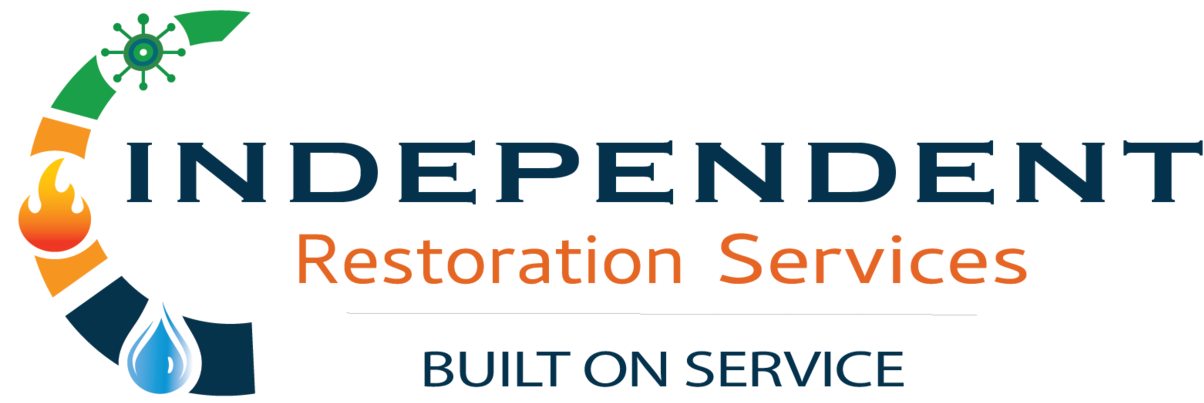Columbia’s unique climate and geography create specific challenges for homeowners when it comes to water damage. Understanding these local factors can help you protect your property and know when to call for professional water damage restoration services.
Table of Contents
Why Columbia Properties Are Vulnerable to Water Damage
Columbia’s location in the Midlands region of South Carolina exposes homes to several water damage risks throughout the year. The area’s subtropical climate brings heavy rainfall, especially during summer months, while aging infrastructure in older neighborhoods can contribute to plumbing failures.
Seasonal Weather Patterns That Cause Water Damage
Summer Storms and Heavy Rainfall Columbia experiences intense thunderstorms during summer months, often delivering several inches of rain in short periods. These sudden downpours can overwhelm drainage systems and lead to:
- Basement flooding in lower-lying areas
- Roof leaks from wind-driven rain
- Foundation water intrusion
- Sump pump failures during extended storms
Hurricane Season Impacts While Columbia sits inland, the city still feels the effects of hurricanes and tropical storms moving through South Carolina. These weather events can cause:
- Widespread flooding from storm surge backup
- Roof damage leading to interior water damage
- Power outages affecting sump pumps and drainage systems
- Tree damage that creates openings for water entry
Most Common Water Damage Scenarios in Columbia
1. Plumbing System Failures
Older homes in established Columbia neighborhoods like Shandon, Rosewood, and Forest Acres often experience:
- Burst pipes during rare cold snaps
- Slab leak issues in homes built on concrete foundations
- Water heater failures in basements and crawl spaces
- Toilet and shower leaks that go undetected
2. HVAC-Related Water Damage
Columbia’s hot, humid summers put extra strain on air conditioning systems, leading to:
- Condensate drain clogs causing water backup
- Ductwork condensation in poorly insulated areas
- HVAC unit leaks in attics and basements
3. Appliance Malfunctions
Common household appliances frequently cause water damage:
- Washing machine hose failures
- Dishwasher leaks and overflows
- Refrigerator ice maker line breaks
- Water softener system malfunctions
Preventing Water Damage in Your Columbia Home
Regular Maintenance Tasks
Monthly Inspections
- Check for leaks around toilets, sinks, and appliances
- Inspect basement and crawl space areas for moisture
- Test sump pump operation before storm season
- Clear gutters and downspouts of debris
Seasonal Preparations
- Schedule annual HVAC maintenance before summer
- Inspect roof and attic areas for potential leak points
- Trim trees near your home to prevent storm damage
- Test water shut-off valves and ensure all family members know their location
Investment in Prevention
Upgrading Old Systems Consider upgrading if your Columbia home has:
- Galvanized or polybutylene plumbing
- An HVAC system over 15 years old
- Original appliances from the 1990s or earlier
- Inadequate basement waterproofing
Smart Home Technology Modern prevention tools include:
- Water leak detection systems
- Smart sump pumps with backup power
- Automatic water shut-off valves
- Humidity monitoring for basements and crawl spaces
When to Call for Professional Water Damage Restoration
Immediate Response Situations
Contact professional water damage restoration services immediately if you experience:
- Any amount of standing water in your home
- Water from sewage backup or contaminated sources
- Electrical hazards combined with water intrusion
- Suspected structural damage from water exposure
Signs You Need Professional Help
Even minor water incidents may require professional assessment:
- Musty odors that persist after cleaning
- Discoloration on walls or ceilings
- Warped flooring or baseboards
- Increased humidity levels throughout your home
Professional restoration services can prevent secondary damage like mold growth, which thrives in Columbia’s humid environment.
The Water Damage Restoration Process
Emergency Response Phase
Professional restoration begins with:
- Immediate water extraction using industrial equipment
- Moisture detection and mapping throughout affected areas
- Documentation for insurance claims
- Securing the property to prevent further damage
Drying and Dehumidification
Columbia’s high humidity makes proper drying crucial:
- Strategic placement of commercial-grade dehumidifiers
- Air movement systems to accelerate drying
- Moisture monitoring to ensure complete drying
- Antimicrobial treatments to prevent mold growth
Restoration and Repairs
The final phase includes:
- Replacing damaged drywall, flooring, and insulation
- Repairing or replacing affected electrical systems
- Restoring damaged personal belongings when possible
- Final inspection and air quality testing
Working with Insurance for Water Damage Claims
Understanding Your Coverage
Most Columbia homeowners’ insurance policies cover sudden, accidental water damage but exclude:
- Flood damage from external sources
- Damage from long-term leaks
- Maintenance-related issues
Documenting Damage
For successful claims:
- Take photos before cleanup begins
- Keep detailed records of damaged items
- Maintain communication with your insurance adjuster
- Work with restoration professionals who understand insurance requirements
Protecting Your Columbia Home Year-Round
Climate-Specific Considerations
Columbia’s climate requires special attention to:
- Proper ventilation to manage humidity
- Foundation drainage around your property
- Regular inspection of areas prone to condensation
- Preparation for both heavy rain and occasional freezing temperatures
Professional Partnerships
Establish relationships with:
- Licensed plumbers familiar with Columbia’s infrastructure
- HVAC contractors experienced with local climate challenges
- Reputable water damage restoration companies
- Insurance agents who understand regional risks
Conclusion
Water damage in Columbia homes often results from a combination of climate factors, aging infrastructure, and delayed maintenance. By understanding these local risks and taking proactive steps, you can significantly reduce your chances of experiencing major water damage.
When prevention isn’t enough, prompt professional water damage restoration can minimize damage and restore your home quickly. Remember that in Columbia’s humid climate, time is especially critical – what starts as a minor leak can quickly become a major mold problem without proper attention.
Regular maintenance, smart prevention strategies, and knowing when to call professionals are your best defenses against water damage in the Columbia area.
